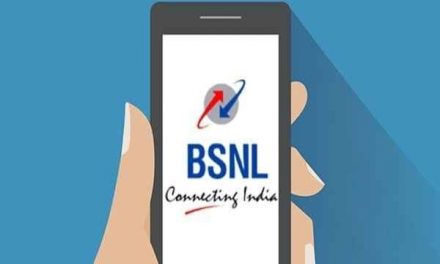In a major move in the online payments segments, the Reserve Bank of India (RBI) has decided to allow payment system operators to take direct membership of Centralised Payment Systems (CPS), such as RTGS and NEFT.
Membership in Centralised Payment Systems (CPS) — RTGS and NEFT — for entities other than banks are so far limited to banks, with a few exceptions, such as specialised entities like clearing corporations and select development financial institutions.
In its statement on developmental and regulatory policies, the RBI noted that over the last few years, the role of non-bank entities in payment space such prepaid payment instrument (PPI) issuers, card networks, white label ATM (WLA) operators, Trade Receivables Discounting System (TReDS) platforms, has grown in importance and volume, as they have innovated by leveraging technology and offering customised solutions to users.
“To reinforce this trend and encourage participation of non-banks across payment systems, it is proposed to enable, in a phased manner, payment system operators, regulated by the Reserve Bank, to take direct membership in CPSs,” it said.
This facility is expected to minimise settlement risk in the financial system and enhance the reach of digital financial services to all user segments.
These entities will, however, not be eligible for any liquidity facility from the Reserve Bank to facilitate settlement of their transactions in these CPSs.
Mean-while, The Reserve Bank of India on Wednesday kept key interest rates unchanged and maintained an accommodative stance in the wake of rising Covid-19 cases in the country.
The central bank’s Monetary Policy Committee (MPC) kept the repo rate unchanged at 4 per cent, while the reverse repo rate has been maintained at 3.35 per cent. The MPC unanimously voted to keep the key interest rates unchanged. The decision is in line with what economists had predicted earlier.











